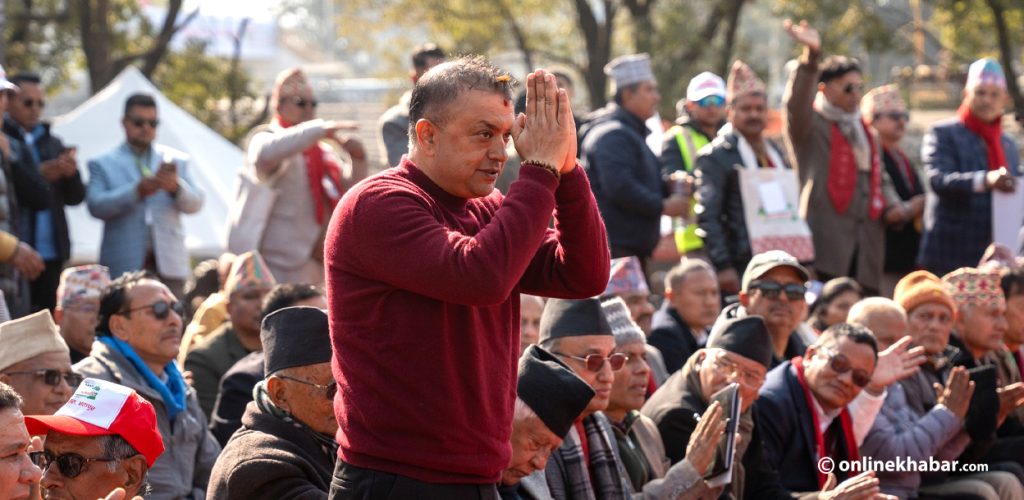Kathmandu, June 9
Ever wondered how much loss the national economy, bleeding already due to political instability, incurs when one or the other party enforces a general strike for a day?
Pashupati Murarka, president of the Federation of Nepalese Chambers of Commerce and Industry (FNCCI), told Onlinekhabar citing an FNCCI study: The national economy loses around two billion rupees in a daylong strike.
He said the study has taken Nepal’s GDP as the basis. Incidents like general strike affect investors’ confidence, causing long-term impact to the economy, Murarka pointed.
Nepal Rastra Bank, the country’s central bank, had conducted a study on the impact of general strike on the national economy a few years ago. The study had put the loss resulting from a day’s strike at one billion rupees.
Bandh impacts 15 lakh small and big entrepreneurs, Murarka says, adding: Because of strikes, production, import and export all get hit. That’s why traders and industrialists are giving up.
Murarka laments: Despite high hopes, there’s absence of a conducive environment for economic growth in Nepal, even after promulgation of the constituion.
Because of political instability, the GDP has grown by a meagre 0.77 per cent (five billion rupees) in the current fiscal. Nepal’s GDP stands at Rs 21 billion.
Biplav Maoists’ general strike comes at a time when last year’s quakes, the Madhesh movement and the Indian blockade have already devastated the national economy.

























